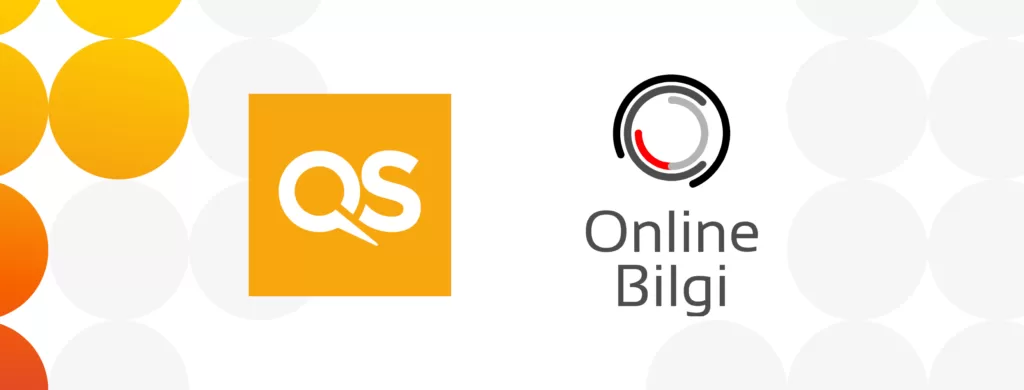Online learning is likely to remain a key feature of higher education in the future. How can institutions increase the digital literacy of their educators to maintain the quality of teaching?
The conditions in which university educators conduct their work has drastically changed in the last year.
Planning and delivering quality lectures and seminars, marking coursework and examinations and conducting research are all currently taking place within a digital space, as many campuses remain closed to limit the spread of COVID-19.
The dramatic shift to remote learning and the rallying efforts of teachers at all educating levels has been widely praised.
A joint statement by David Edwards, General Secretary of Education International, Guy Ryder, Director-General of International Labour Organization, Audrey Azoulay, Director-General of UNESCO and Henrietta Fore, Executive Director of UNICEF read:
“In this crisis, teachers have shown, as they have done so often, great leadership and innovation in ensuring that #LearningNeverStops, that no learner is left behind. Around the world, they have worked individually and collectively to find solutions and create new learning environments for their students to allow education to continue.”
As highlighted by the INEE, in addition to the dramatic shift to virtual learning, for many educators, “teaching during the COVID-19 pandemic was their first experience teaching in a crisis”.
This required a high level of flexibility, as well as a willingness to learn and adapt to ensure the continuation of education.
While university educators have been interacting with digital technologies to varying degrees for many years, the acceleration to virtual learning because of the pandemic has drastically increased the degree of digital literacy now required of staff.
With many experts in the higher education sector predicting the incorporation of online learning even after the pandemic subsides, it’s crucial for university educators to be equipped with the necessary digital skills.
Beyond many of the practical skills required, such as recording lectures, conducting live seminars and providing coursework feedback, one of the biggest challenges facing university educators is how to translate traditional lectures and teaching methods to the online space.
Many university lecturers have spent their careers conducting in-person lectures and seminars or thrive off in-person interaction as part of their teaching process, which can make virtual learning seem unfamiliar and difficult to adopt.
The higher education sector has a responsibility to provide educators with the necessary digital skills, listen to their concerns and support them in the transition to partial or full online learning.
It’s also important to note that the quality of online learning technology is set to advance, requiring higher education educators to continuously update and develop their digital literacy skills in response.
A previous QS blog highlights the potential for machine learning in higher education – the use of technology to track student performance, predict outcomes and adjust teaching to retain student engagement.
Learning analytics are also set to be used more to “enable educators at all levels to gain new insights into how people learn and how teachers can teach better”.
Higher education educators may one day be required to regularly interact with technology of this kind, which will require further training and a willingness to learn.
To learn about how your institution can help transform its staff into data and digital experts, please register for the virtual QS EduData Summit 2021: Access Education: Building an Inclusive and Sustainable EduData Pipeline, taking place 8 – 11 June.



